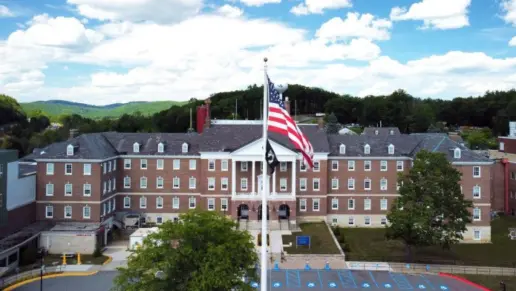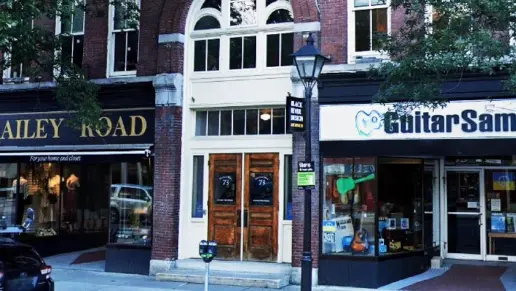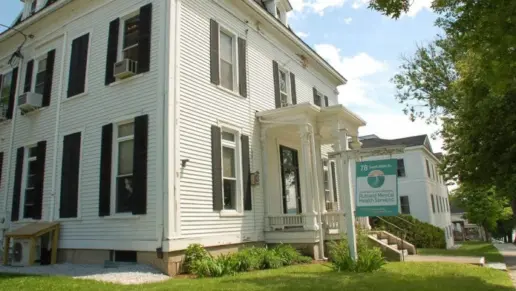About SaVida Health Newport
SaVida Health – Newport is a drug and alcohol addiction treatment provider for individuals in Newport, Vermont. They also provide valuable community resources, such as referrals, case management, and family support services.
Addiction-related services offered at SaVida Health – Newport include mental health assessment and counseling, outpatient drug and alcohol rehab, medication-assisted treatment (MAT), recovery support groups, case management, and continuing care.
Mental Health Assessment and Counseling
These assessments evaluate the presence of substance use disorders and inform an individualized treatment plan. Treatment may include individual, group, and/or family counseling, medication (such as MAT), referrals, and recovery support.
Medication-Assisted Treatment Rehab Program
Medication-assisted treatment (MAT) involves the use of FDA-approved medication with counseling, and support groups for the treatment of opioid use disorders. Participants meet with a medical provider for an assessment and treatment plan, which may involve a medication called Suboxone. As clients progress and stabilize, in-person office appointments tend to become less frequent.
Case Management
This service involves a case manager working with residents to arrange care, coordinate services, make referrals, and navigate services throughout the treatment process.
Continuing care
Continuing care supports individuals following successful completion of an addiction treatment program. Participants receive a comprehensive aftercare plan that includes relapse prevention strategies, attendance at recovery meetings, and regular check-ins with their drug and alcohol counselor and/or medical provider.
Latest Reviews
Rehab Score
Gallery
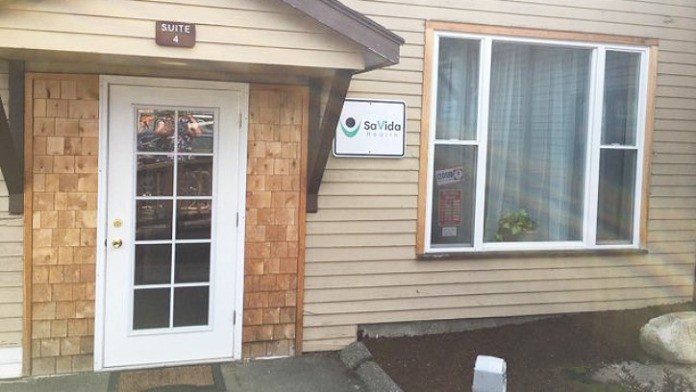
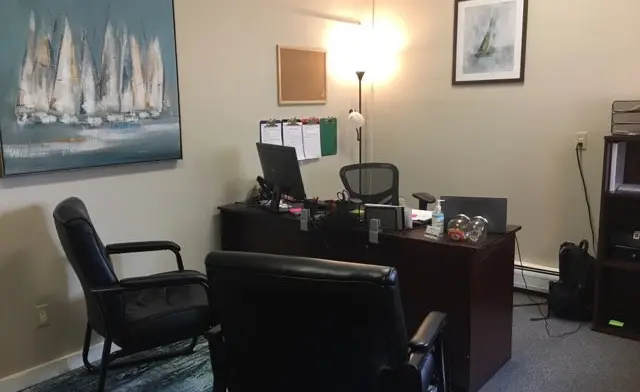
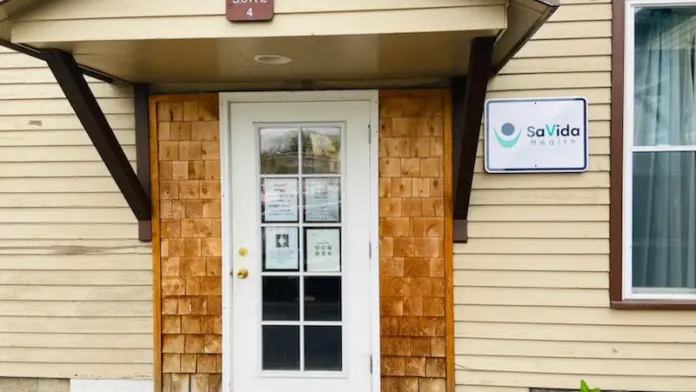
Location
Other Forms of Payment
Private insurance refers to any kind of healthcare coverage that isn't from the state or federal government. This includes individual and family plans offered by an employer or purchased from the Insurance Marketplace. Every plan will have different requirements and out of pocket costs so be sure to get the full details before you start treatment.
Self-pay involves paying for treatment out of your own pocket. You can use savings or credit, get a personal loan, or receive help from family and friends to fund your treatment. If you don't have insurance or your insurance plan doesn't cover a specific program, self-pay can help ensure you still get the care you need.
Medicare is a federal program that provides health insurance for those 65 and older. It also serves people under 65 with chronic and disabling health challenges. To use Medicare for addiction treatment you need to find a program that accepts Medicare and is in network with your plan. Out of pocket costs and preauthorization requirements vary, so always check with your provider.
Military members, veterans, and eligible dependents have access to specific insurance programs that help them get the care they need. TRICARE and VA insurance can help you access low cost or no cost addiction and mental health treatment. Programs that accept military insurance often have targeted treatment focused on the unique challenges military members, veterans, and their families face.
Medicaid is a state based program that helps lower-income individuals and families pay for healthcare. Medicaid covers addiction treatment so those enrolled can use their coverage to pay for rehab. When a program accepts Medicaid the client often pays very little or nothing out of their own pocket.
Addiction Treatments
Levels of Care
Treatments
Opioid rehabs specialize in supporting those recovering from opioid addiction. They treat those suffering from addiction to illegal opioids like heroin, as well as prescription drugs like oxycodone. These centers typically combine both physical as well as mental and emotional support to help stop addiction. Physical support often includes medical detox and subsequent medical support (including medication), and mental support includes in-depth therapy to address the underlying causes of addiction.
Programs



Clinical Services
During cognitive behavioral therapy in Vermont, you may set SMART goals, engage in guided discovery, journal, and participate in cognitive restructuring. These activities help change patterns of thinking and behavior to address substance use and mental health disorders effectively.
For individuals who want to build skills related to emotional regulation and mindfulness, dialectical behavior therapy can be a good fit. This evidence based therapy helps you accept your emotions while also learning skills to manage them and create healthier patterns of behavior. Treatment occurs in group and individual formats.
Group therapy is any therapeutic work that happens in a group (not one-on-one). There are a number of different group therapy modalities, including support groups, experiential therapy, psycho-education, and more. Group therapy involves treatment as well as processing interaction between group members.
In individual therapy, a patient meets one-on-one with a trained psychologist or counselor. Therapy is a pivotal part of effective substance abuse treatment, as it often covers root causes of addiction, including challenges faced by the patient in their social, family, and work/school life.
The core principles of motivational interviewing are acceptance, compassion, partnership, and evocation. This collaborative process offers a nonjudgmental environment where the therapist expresses sympathy, highlights the client's strengths, and empowers them to explore necessary change.
During trauma therapy, you work through the traumatic memories of an event you witnessed or experienced in a safe and supportive place. Your therapist will provide you with the tools needed to process the trauma, which in turn reduces your symptoms and improves your overall mental health.
Couples therapy helps you address a wide range of challenges that can affect your relationship. These include finances, differing values, intimacy issues, children, addiction, and health issues. You'll meet with a counselor to learn how to navigate these issues in healthy ways.
Research clearly demonstrates that recovery is far more successful and sustainable when loved ones like family members participate in rehab and substance abuse treatment. Genetic factors may be at play when it comes to drug and alcohol addiction, as well as mental health issues. Family dynamics often play a critical role in addiction triggers, and if properly educated, family members can be a strong source of support when it comes to rehabilitation.
During life skills training in Vermont, you'll learn goal setting and develop the skills you need to reach those goals. The social and mental skills you develop provide a solid framework to support long term recovery.
Amenities
-
Residential Setting
-
Private Setting
Accreditations

The Substance Abuse and Mental Health Services Administration (SAMHSA) is a branch of the U.S. Department of Health and Human Services. Established in 1992 by congress, SAMHSA's mission is to reduce the impact of substance abuse and mental illness on American's communities.
SAMHSA Listed: Yes

State Licenses are permits issued by government agencies that allow rehab organizations to conduct business legally within a certain geographical area. Typically, the kind of program a rehab facility offers, along with its physical location, determines which licenses are required to operate legally.
State License: Vermont
Contact Information
79 Coventry St
Newport, VT 05855
